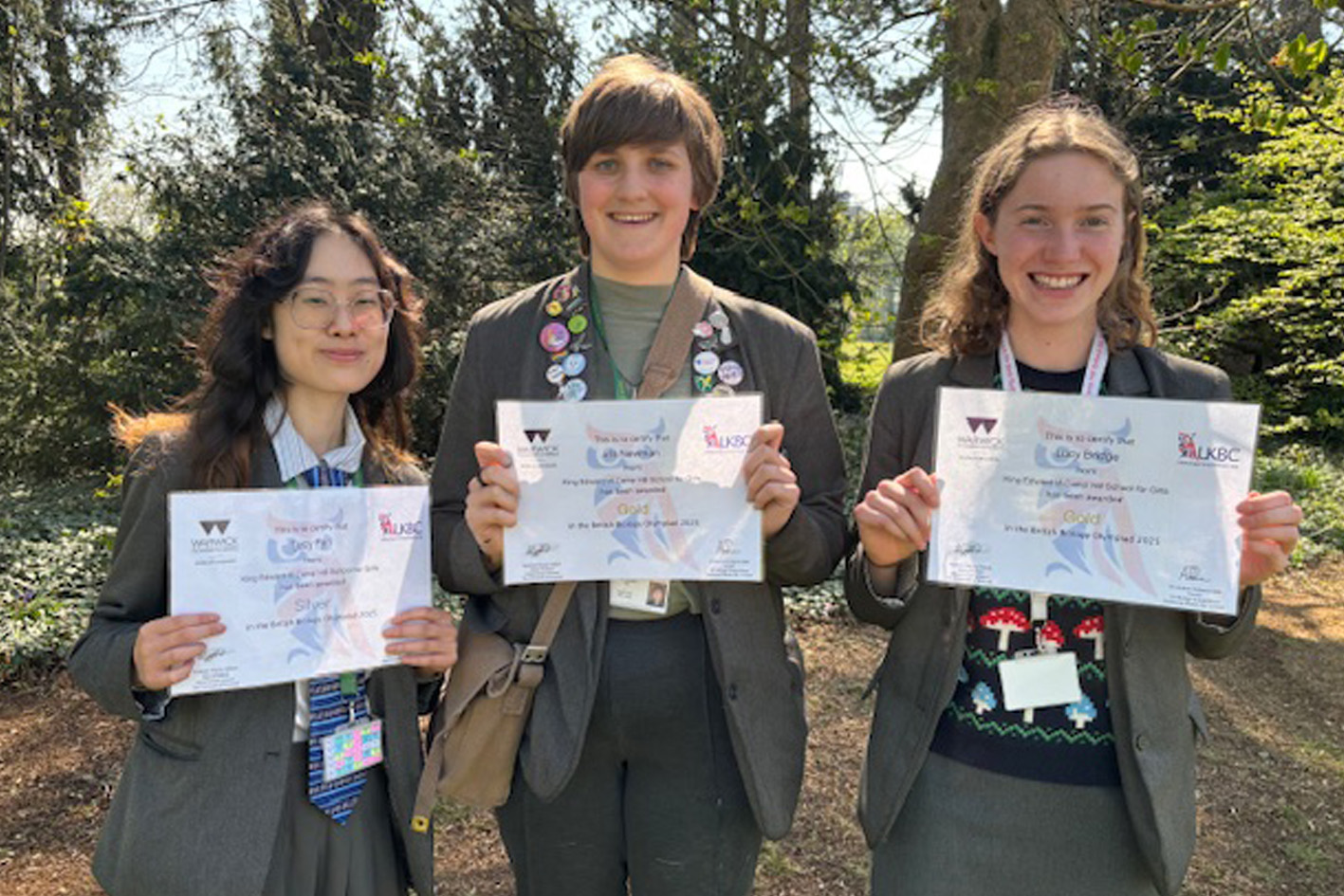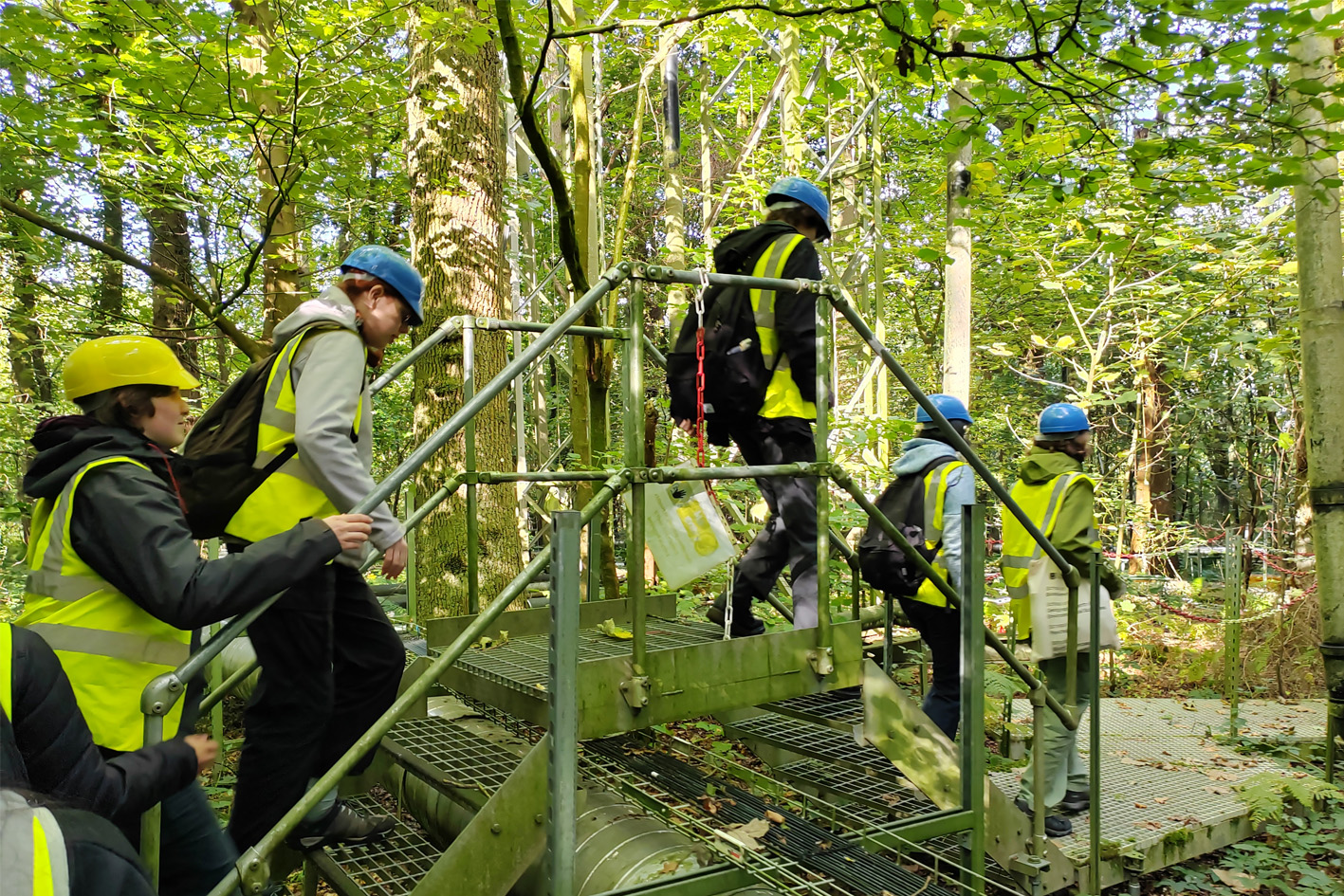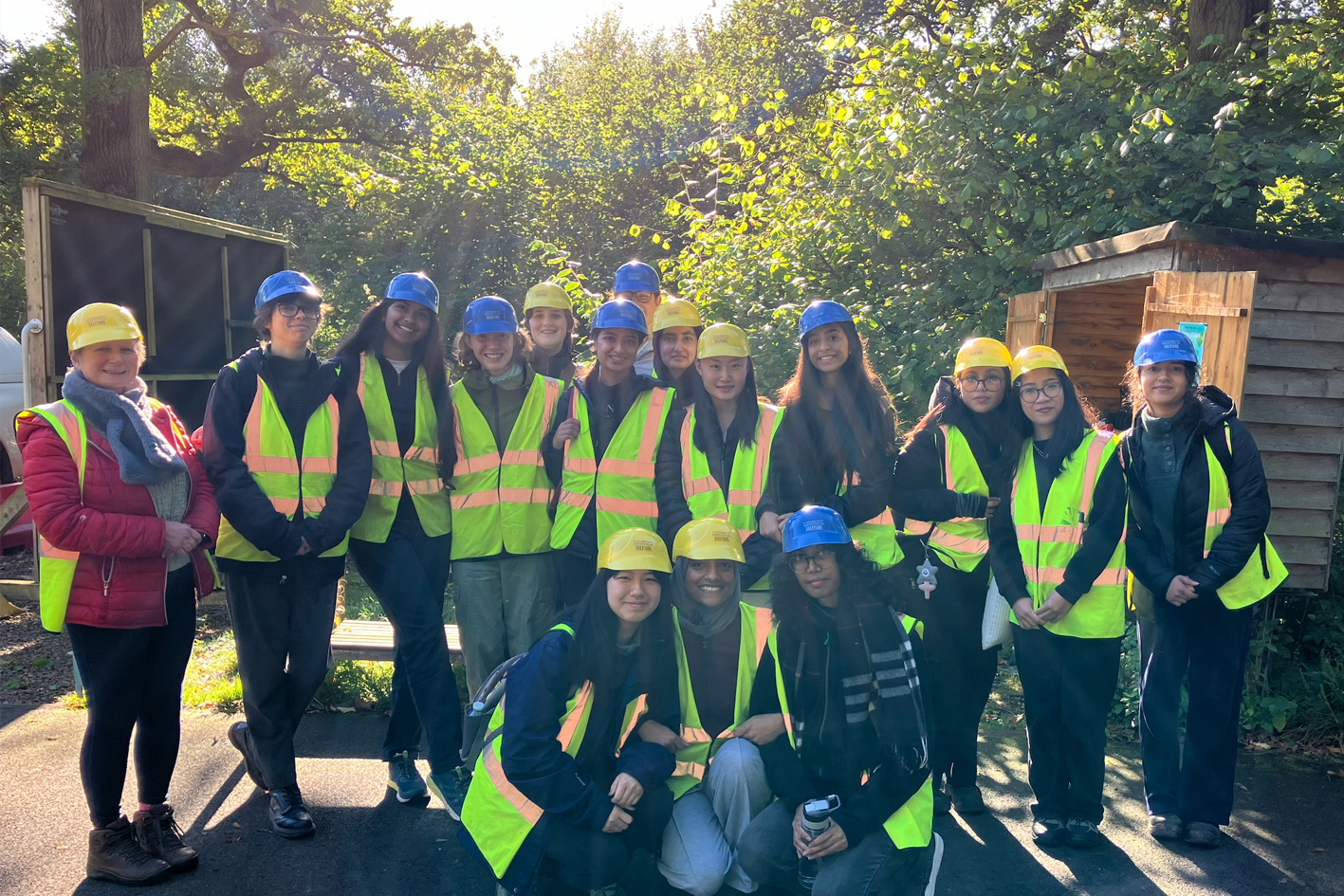Biology
Curriculum Intent & Rationale
We aim to provide a broad and cohesive learning experience for all our students through a curriculum that develops their understanding of key biological principles and their scientific skills from their first lessons in KS3 and to their final lessons in KS5. We want our students to become citizens who can make informed decisions about the way they live their lives, how they impact on their environment, using this knowledge to make a positive contribution to society.

Our intent is to promote the enjoyment and appreciation of Biology. We want our students to see the wonder in themselves, other organisms and have a better understanding of their place in the world. Our curriculum is designed to develop scientific skills and an enquiring way of thinking, so that our students experience and understand the way in which scientists work. We provide opportunities that encourage our students to become independent and reflective learners, and we want to equip them with the transferable skills they will use in further education and the workplace.

The Biology curriculum is delivered by subject specialists who recognise the importance of continually developing their subject pedagogical knowledge in order to develop a genuine depth of understanding of the subject in our students. We deliver this by providing a variety of lesson activities and practical work which encourage discussion, enquiry and exploration of the subject.
Implementing Our Curriculum
Key Stage 3
From Year 7, Biology is taught as part of Combined Science. The syllabus for Year 7 and 8 has been carefully written, not only to expand their knowledge of Biology but also to develop their scientific skills in readiness for the GCSE and A Level courses as well.
Our aim is to foster an enthusiasm and curiosity for the subject by including a range of teaching styles and lesson experiences with an emphasis on practical investigation.
Topics that students study in Year 7 include: cells organisation and movement, variation and reproduction, ecology; in Year 8: breathing and digestion, respiration and photosynthesis, evolution and inheritance. The department’s Animal Club is a popular lunchtime activity during which our younger students learn more about our animals, which include stick insects, fish, hamsters and guinea pigs.
Key Stage 4
Biology is offered either as part of Combined Science (Double Award) or as a single subject.
At Key Stage 4 we study the AQA specification, which students start working towards during Year 9. This includes such diverse topics as digestion, genetic engineering, inheritance, health and the environment. It is a linear course with two examinations at the end of Year 11.
The course provides a broad and deeper exploration of the subject, ranging from the therapeutic use of stem cells, the environmental impact of human activities to how new species come into existence. Within the course, students are given many opportunities to consider the ethical implications of biology in society by weighing up evidence and data allowing them to make informed decisions as they become adults.
This course has proven to be excellent preparation for study of Biology at Advanced Level and more than half of our students continue with Biology into the Sixth Form.
Key Stage 5
In the Sixth Form we follow the AQA specification.
In Year 12, the fundamentals of biology, such as health and disease, transport systems, cellular structure and DNA are studied in depth. Students also develop their scientific and practical skills, being introduced to ideas and techniques that they will need to study science at university.
In Year 13 we study topics such as the sliding filament theory of muscle contraction, homeostasis and inheritance. There is a strong synoptic element to A2 biology which aims to connect different aspects of the specification together.
The students’ practical skills are assessed over the two year course by their teachers and they receive a separate practical competency qualification in conjunction with their examination grade.
The breadth and depth of the course is excellent preparation for health and science based degrees beyond Advanced level and develops skills that will be of benefit in many other subjects and vocations.
As a department we spend a significant amount of time experimenting with new, diverse and positive methods of enhancing and maximising the learning experience for all our pupils; the range of interests and expertise within the department also provides students with a range of stimulating experiences and contributes towards the interest and success in the department.

We enrich the Biology curriculum with extra activities such as the Biological Sciences Society and Medical Society, and partaking in the Biology Olympiad and the Intermediate Biology Challenge. We also provide a thorough support program of revision sessions and peer mentoring for students who feel that they need extra help.
We are proud of our students’ achievements; each year our students go on to study related degrees, including Biology, Molecular Biology, Biochemistry, Medicine, Dentistry, Pharmacy, and Natural Sciences.

